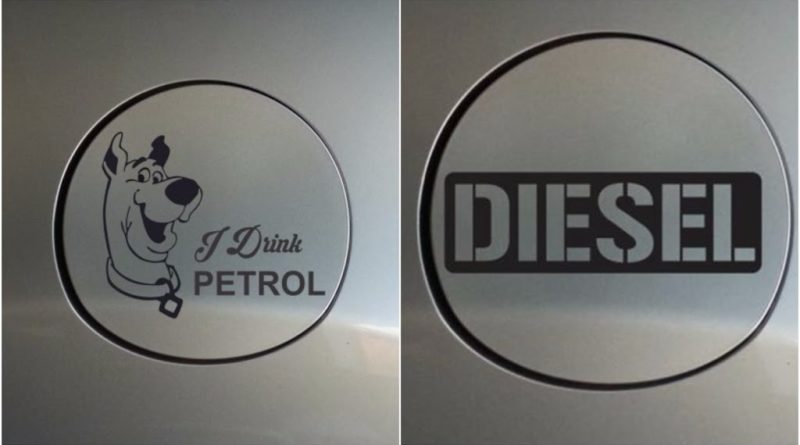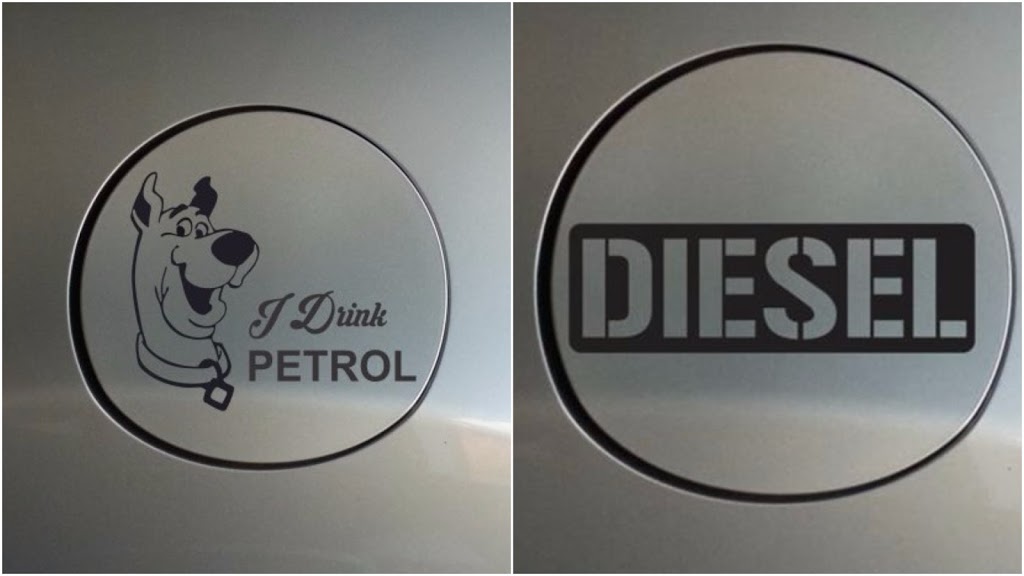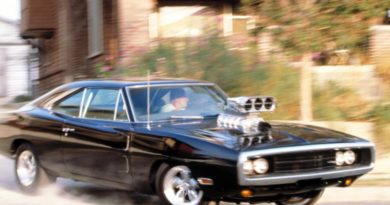Why diesel cars are more fuel efficient than petrol cars?
Most of us opt for diesel cars just because it’s good on mileage and fuel cost too comes easy on pocket. But do all of us know why this difference in mileage observed between diesel and petrol cars?
Answer to this question lies in their operating mechanism plus fuel characteristic so lets take closer look on how they impact efficiency:
Compression Ratio: In general, it is the ratio of the maximum to minimum volume in the cylinder of an internal combustion engine. Petrol engine has a compression ratio between 8:1 to 10:1 which is comparatively lower than compression ratio 15:1 or higher of diesel engine. Engine’s compression ratio is directly proportional to it’s efficiency. Higher compression ratio is achieved in diesel engine because only air is compressed whereas in petrol engine compression happens for mixture of air-fuel so achieving higher compression ratio is difficult due to risk of auto ignition of mixture known as knocking. This is the most important reason which account for higher fuel efficiency in diesel engine.
Fuel Energy Content: Diesel carries 38.6 Mega Joules per litre of energy compared to petrol’s 34.8 Mega Joules per litre. This means less amount of diesel is required to produce certain power when compared to petrol. This amount is roughly about 25% lesser diesel than equivalent petrol.
Fuel Chemical Structure: Diesel has cetane rings (six-sided) in its makeup instead of octane (eight-sided hydrocarbon rings), so its burning characteristics are better – it burns slowly, allowing for a longer burn time and better efficiency.





